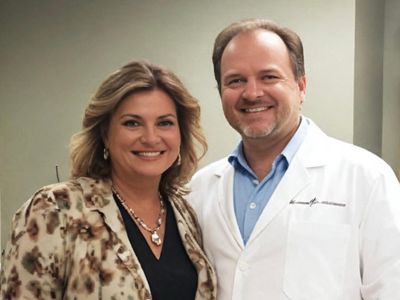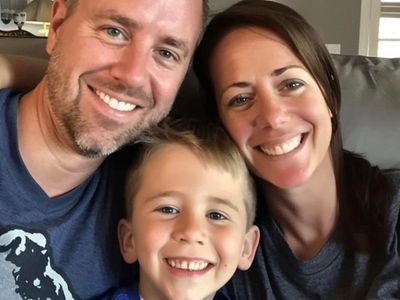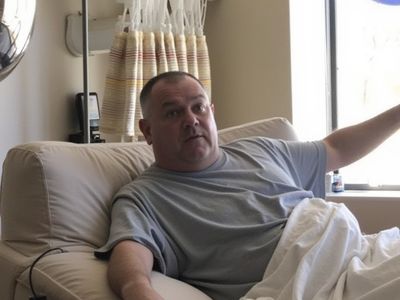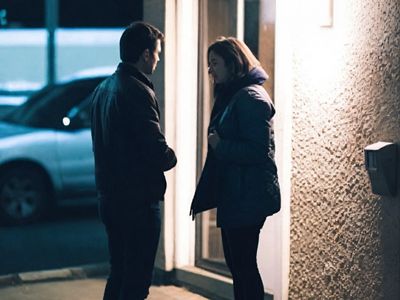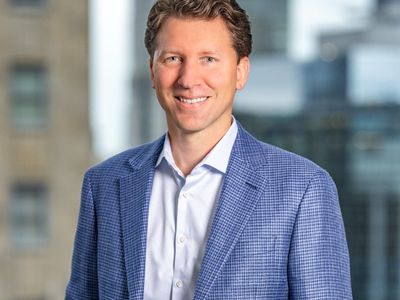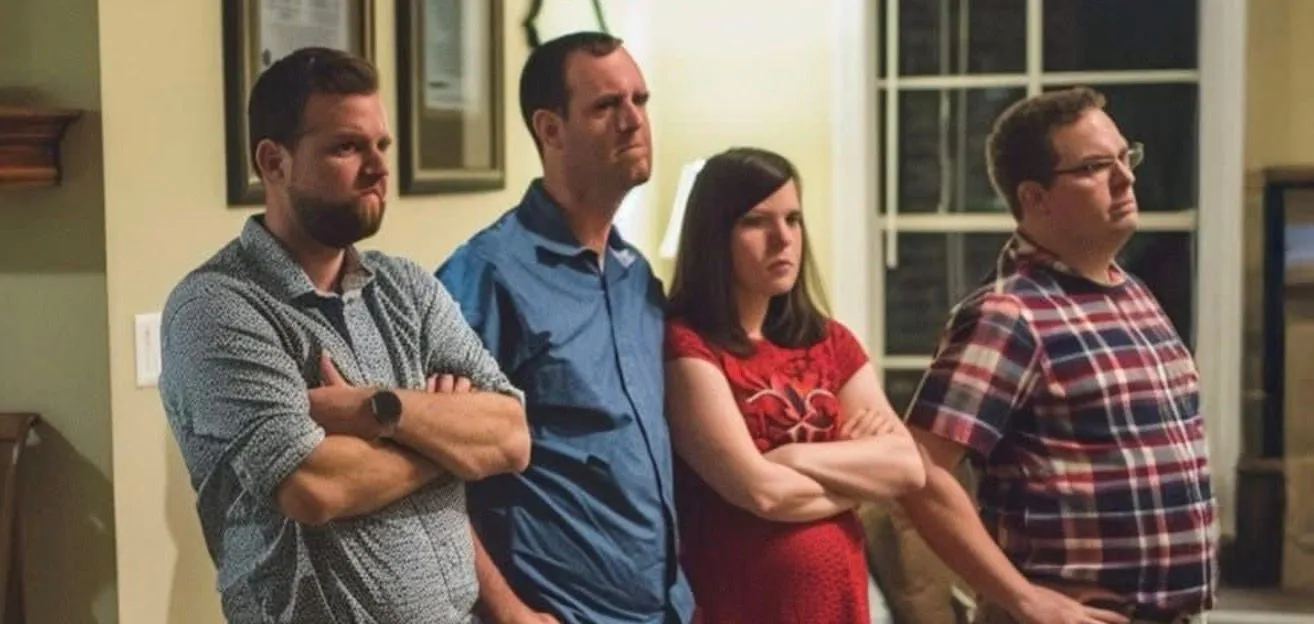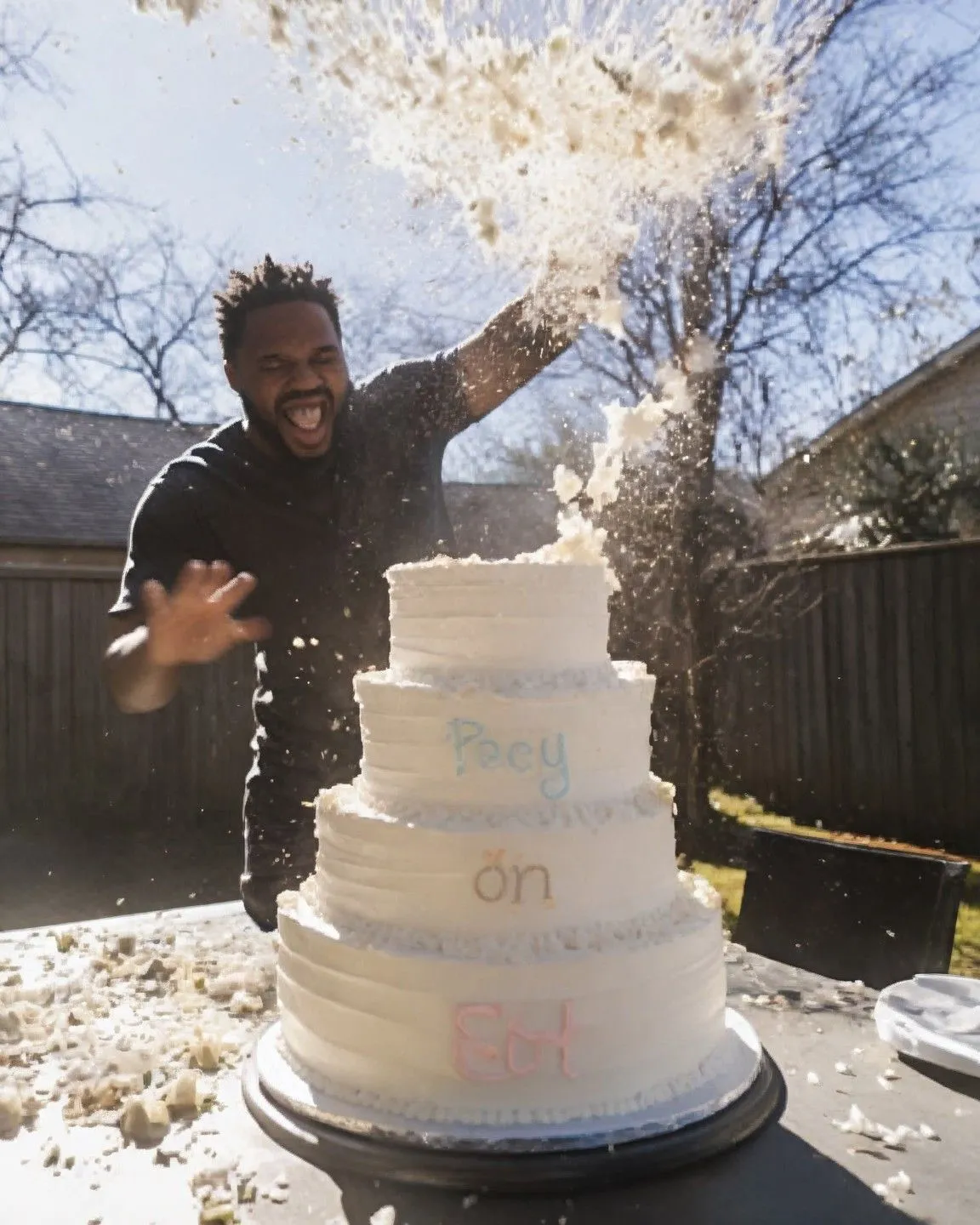My Husband Said He Was a Doctor at a Hospital — But One Phone Call Exposed His Lie
I had absolute trust in my husband. I never doubted his extended hours at the hospital or questioned his honesty—until one night, a single error unraveled everything I believed about him.
I always enjoyed watching him speak. The sparkle in his eyes when discussing medicine, his voice full of quiet confidence—steady, reassuring, the voice of someone who had devoted himself entirely to healing others.
It was among the first things that captivated me—the way he could simplify even the most intricate medical language into something intriguing. Dr. Nathan, my husband of eight years, the man credited with saving countless lives.
And, in many ways, saving mine too.
He had been working at a different hospital for the past six months—or at least that's what he told me. It made sense; doctors often sought better positions, increased hours, and deeper fulfillment. That was enough for me. I believed him.
Yet trust is delicate. You don’t realize it’s breaking until you hear the first crack.
It occurred at his parents’ home. A warm evening, the aroma of my mother-in-law’s celebrated roast filling the air, the table bustling with family. Laughter echoed, glasses clinked, and an atmosphere of easy comfort surrounded us. Nathan’s hand rested casually on my thigh—a familiar, comforting gesture.
Then, his niece Allison spoke.
“Uncle Nate, I was hoping to bump into you at work, but I never see you! Could I visit you in the cardiology unit?” Her voice was cheerful, youthful, fresh from nursing school, and recently employed at Nathan’s hospital.
Nathan responded smoothly, “Oh, I move around departments frequently. I’m hard to catch.”
Allison laughed. “Yeah! Your unit has a lot of patients, right?”
“Yes, darling.”
“How many, exactly?” she inquired innocently. “Eighteen patient rooms, isn’t it?”
“Exactly,” he affirmed.
“Wow, Uncle! You must be really stressed,” she grinned. “Because you’d remember—it has twenty-five patient rooms, not eighteen.”
Silence descended.
Nathan’s fingers tensed briefly against my thigh. The atmosphere shifted subtly but noticeably. I saw it in his tightened jaw, the overly casual way he sipped his wine.
Allison, unaware, continued speaking. “I mean, you must be busy—I always see Dr. Arnold and Dr. Jake, but they mentioned never running into you.”
Nathan’s smile didn't reach his eyes. “Must’ve just missed me,” he said.
I glanced at him, seeking reassurance—the familiar confidence, the effortless charm. But neither appeared.
Allison’s smile faded as she sensed the shift. “Oh—maybe you're in a different section?” she suggested quietly, uncertain.
Nathan laughed softly, “It’s a large hospital.”
He slowly reached for his wine again, but I saw his fingers trembling.
Having spent eight years by this man’s side, I knew every subtle change in his expression, the unspoken signs preceding any explanation.
I recognized his lies instantly. But why was he lying now?
I gently cleared my throat. “Nathan,” I softly questioned, my fingers touching his beneath the table. “Which department did you say you worked in again?”
His head turned slightly, and I saw a flash of something unfamiliar in his eyes.
Fear. He opened his mouth to reply—
“Anyone ready for dessert?” his mother interjected brightly, breaking the tension.
Nathan exhaled slowly, our eyes locked.
A week later, my father had a routine cardiology appointment. I sat anxiously beside him in the waiting room as he filled out paperwork, glasses perched on his nose.
“Just a precaution,” he reassured me calmly. “Dr. Patel said it's nothing urgent.”
I forced a smile. “I know, Dad. Just making sure.”
It was true. Nathan’s certainty had always comforted me. His medical world had become mine.
As soon as the doctor called my father, I reached for my phone, craving Nathan’s reassurance—a quick call, a comforting word.
Voicemail.
I tried again. Straight to voicemail.
A text. No reply.
Checking the time, unease crept in. It was late afternoon; he should be free. This wasn’t typical.
After an anxious hour, my patience vanished. If he was busy, he'd usually text back.
Impulsively, I phoned the hospital.
A receptionist answered professionally. “Good afternoon, Lakeside Hospital. How may I assist you?”
“I’m trying to contact my husband, Dr. N. Carter. Could you relay a message?”
A pause.
“I'm sorry, could you repeat the name?”
“Nathan Carter, cardiology.”
More silence, followed by typing.
Finally, she replied, “I'm sorry, ma’am. There’s no Dr. N. Carter here.”
I laughed nervously. “That can't be. He's been there six months.”
Further typing. Another pause.
“No record, ma’am. I've checked every department.”
I thanked her, hands cold, panic rising. Immediately, I searched the hospital’s online directory. His name was absent.
Reality blurred around me. Where was Nathan?
I needed answers.
I drove swiftly to the hospital, possibilities racing through my mind—clerical mistakes, misunderstandings—any reasonable explanation.
Upon arrival, I approached the reception desk, urgency clear in my voice.
“There must be a mistake. Earlier, someone said my husband, Dr. N. Carter, doesn’t work here. He definitely does.”
Recognition flashed across the receptionist’s face. Before she could speak, someone behind me called my name.
“Mrs. Carter?”
Turning, I saw a doctor approaching, expression unreadable but eyes steady.
“I know your husband,” he said quietly. “We need to speak privately.”
“There must be a misunderstanding,” I insisted. “My husband works here—he’s a doctor.”
The doctor sighed. Silently, he led me down a quiet corridor, anxiety tightening my chest. What had happened—was Nathan dismissed? A mix-up?
Inside a small office, the doctor closed the door, facing me seriously.
“Mrs. Carter,” he spoke gently, “your husband isn't employed here. He's a patient.”
His words were crushing.
“No,” I whispered, disbelief gripping me.
He placed a folder on the desk with Nathan’s name clearly printed.
My shaking hands opened it. Test results. Dates. Diagnoses.
Stage IV.
Nathan hadn’t worked late shifts or ignored texts casually. He had secretly battled for his life.
I steadied myself, vision clouded with tears. He had lied—kept this hidden. My greatest fear emerged:
How much time remained?
Silently, I followed the doctor down a sterile corridor, dreading explanations I already intuitively grasped.
He opened a door to a private room. Nathan was there.
Thinner. Paler. Dark circles beneath his eyes deeper than ever. Wearing a hospital gown instead of professional attire. Our eyes met, and I saw his guilt and recognition.
“I intended to tell you,” he admitted, voice strained.
“When, Nathan?” My voice shook. “After your funeral arrangements?”
He crumbled visibly. “I thought I could manage alone,” he explained softly. “A routine check-up turned me into a patient overnight. I wanted to spare you.”
My throat tightened. “You lied to me.”
“To protect you,” his eyes pleaded. “My chances were good.”
Grasping his hand, I whispered, “That wasn’t your decision alone.”
A faint smile appeared. “Then I promise—if I survive, no more lies.”
I tightened my grip. “You'd better keep that promise, Dr. Carter.”
Months later, Nathan emerged from the hospital—a survivor, keeping his promise.
When offered a position again—as a doctor, not patient—he looked at me with renewed determination and hope.
